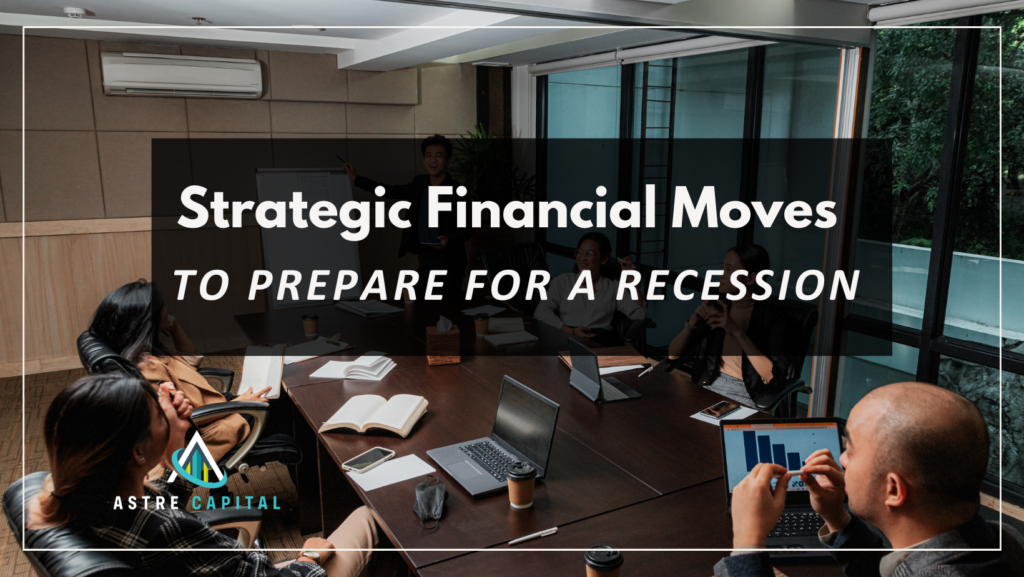A recession often denotes a considerable slowdown in trade and industrial activity. It triggers a rise in unemployment, a decline in home prices, a decline in investment value and economic activity, a decline in the stock market, and a rise in interest rates. All of which have a negative effect on your ability to accumulate wealth.
According to economic research, the Federal Reserve appears to be aiming to hike interest rates more quickly than it has in more than a decade, and investors are quite concerned that 2022–2023 will mark the start of the second great depression. Inflation is already climbing to a 40-year high.
However, if you are adequately prepared for the worst-case scenario, you can make plans to lessen the impact of a recession on your money.
Proactive Financial Planning for an Impending Recession: How to Prepare Your Finances
Being prepared and adhering to the Boy Scout rules are smart actions before a recession!
Recessions may undoubtedly have a major negative impact on your stock and real estate holdings, but if you take proactive steps to prepare for one, you may be able to benefit from it.
1. Minimizing Damage to Your Personal Finances – Because of changing interest rates and insecure job security, a recession won’t just hurt the economy; it’s also likely to have a significant impact on your personal finances. For this reason, we advise doing the following to prevent future interest rate changes from thwarting your financial objectives. So, here’s how you may create a financial backup plan to aid in being ready for a recession that financial experts have forecast.
-
Creating a Budget for Building Your Wealth– The greatest approach to increasing your wealth is to live within your means, even when the economy is doing well. And to avoid taking on more debt, you must ensure that monthly costs like rent or mortgage payments, auto payments, and discretionary spending stay within your budget. This way, you may put money into your savings accounts rather than use it to pay off existing debt. You should thus pay close attention to sticking to your budget if there is an economic slump to prepare for a recession. You need to start by being deliberate with your spending if you’re serious about building a financial future that enables you to increase your retirement account or establish generational wealth.
-
Keep Your Good Credit – Before carefully preparing your recession strategy, put off putting a down payment on expensive products, a new auto payment, or even any additional payments on low-interest bills. Keep an eye on your credit score while you purposefully avoid taking on new debt, settle high-interest debt, and build up your savings. It would be wise to address any issues with the credit bureaus right away so that your stellar reputation would serve you well in the future. Keep in mind that credit should only be utilized sparingly. Take deliberate steps to build your credit today to ensure that it will be there to help you in the future if you find yourself in a situation where you require a credit line.Pull your credit report to start, not just to check your score but also to verify the listed creditors, balances, and activities. Good credit is normally created on purpose over an extended period of time. It doesn’t suddenly appear. Your wise financial choices should enable you to increase the difference between your income and costs so that you may make investments that will enable you to reach your investment objectives and save money for the future.
-
Create an Emergency Fund – Your emergency fund needs to be your first priority if you want to make sure your finances are recession-proof. Your safety net can save you in an emergency;

